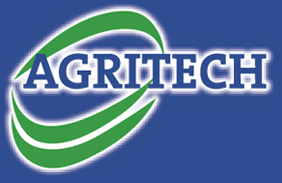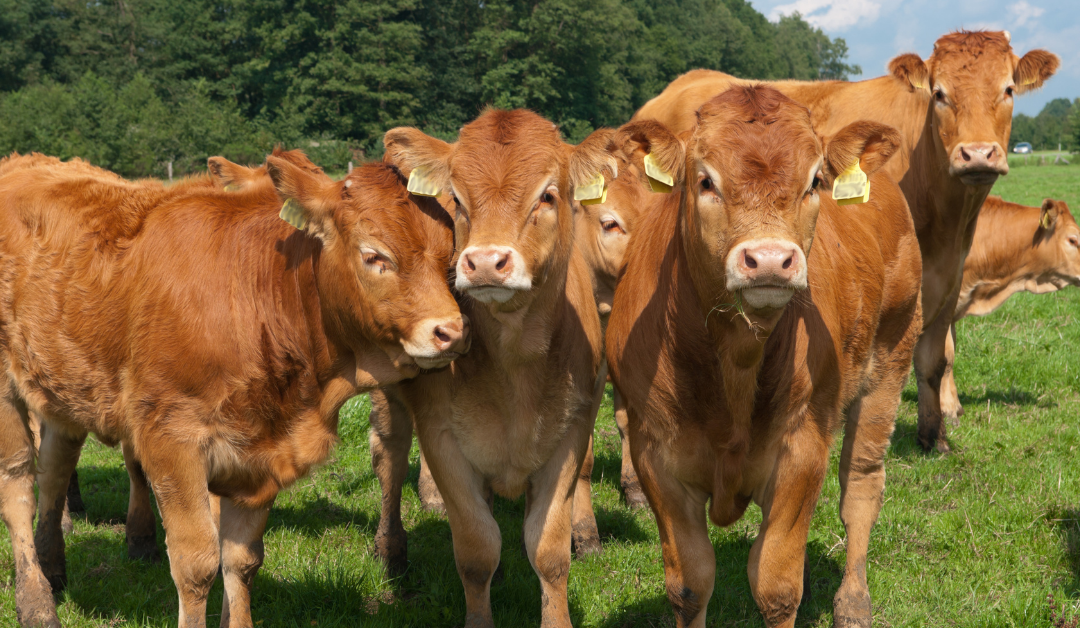Most spring-calving suckler herds will be aiming to sell calves at weanling sales over the coming months. However, to have a healthy animal with high potential at the point of sale, planning for a stress-free weaning period is critical.
Increased stress levels at weaning typically result in:
1. Reduced performance (daily live-weight gain).
2. Suppressed immunity.
3. Increased activity, typically leading to decreased feed intakes.
Top Tips:
• Creep feeding calves before and after weaning is essential to ensure performance is not inhibited and target sale weights are met, especially as we move into a part of the year where grass quality starts to decline.
• Typically, concentrates should be introduced at grass at least one month prior to weaning, with the intention of having the calf consuming 1-2 kg/day (target bulls at 3-4 kg if aiming for U16 months) (15-16% ration or nut is advised) at the point of weaning. Post-weaning concentrates should be continued to be fed for at least two weeks.
• At this stage of growth, weanlings are exceptional converters of feed, with a conversion efficiency of 4 kg of concentrate to 1 kg of live-weight gain.
• Where once-a-day trough feeding, ensure sufficient space is available for all calves to comfortably eat at once.
• Weaning the calf off milk effectively means shutting down the abomasum and transferring full responsibility of the nutrition and weight gain performance of the calf to the rumen. Therefore, it must be ensured that the weanling’s rumen is fully functioning at this point.
• Consider creep grazing calves ahead of cows to ensure access to better-quality grass where it is available. This reduces the calf’s dependency on the dam’s milk and helps weaken
the cow/calf bond. Calves can graze ahead by simply lifting the strip-wire.
Reducing Stress
Stress causes the release of the hormone cortisol which can negatively impact the immune system, making calves more susceptible to disease and sickness during weaning. Where abrupt weaning occurs, calves can walk up to 40 km in the first 48 hours post-weaning, increasing the susceptibility to pneumonia or bovine respiratory disease.
Weaning should occur on a gradual basis and is important to avoid other events coinciding with weaning, such as castration or vaccination. (Vaccinations should also be completed 4 weeks prior to weaning ideally).
Need help and advice?
For further information on weaning, contact your local Agritech Sales Advisor.


